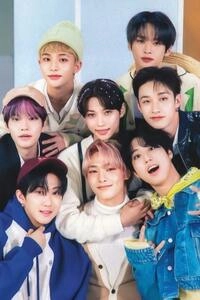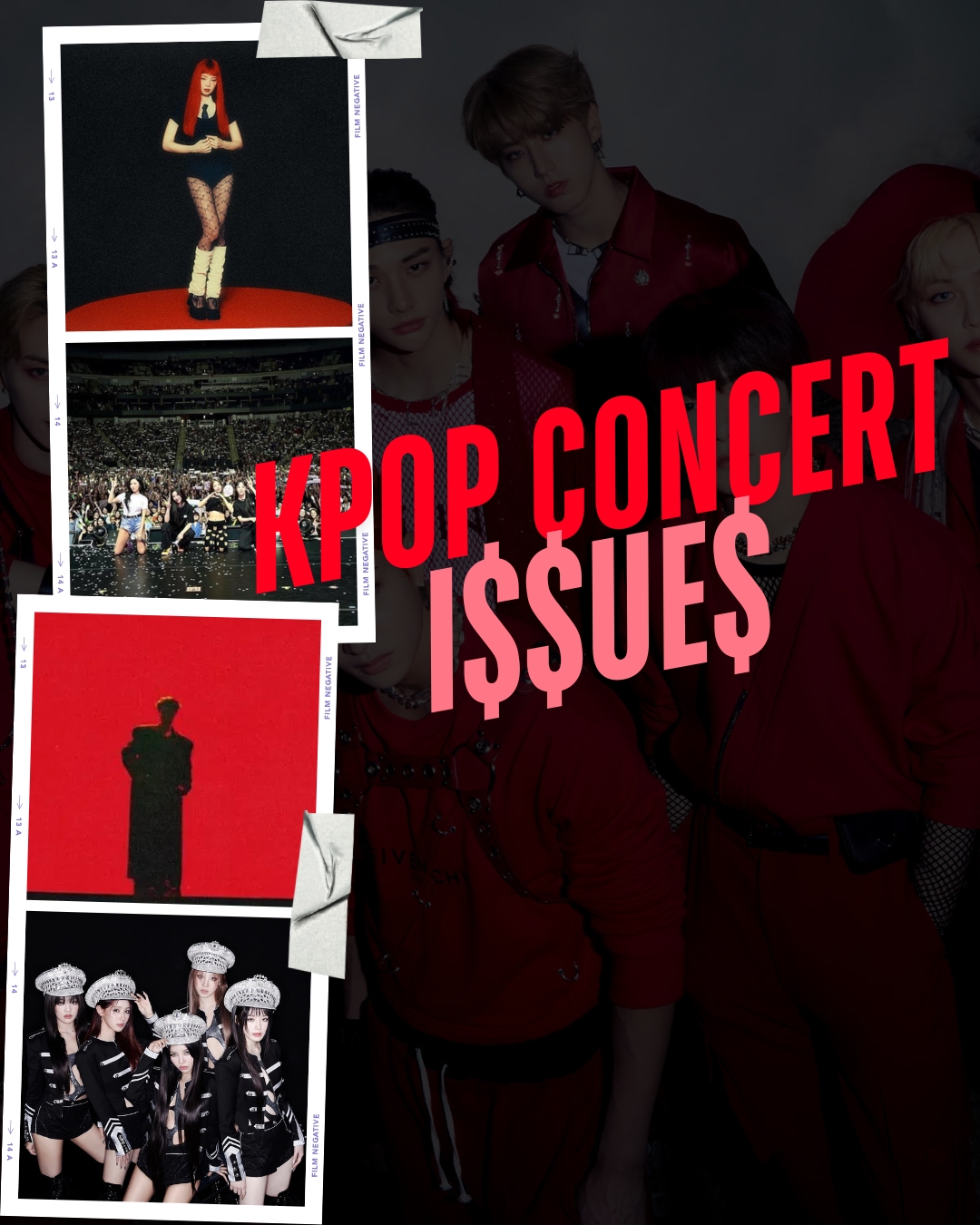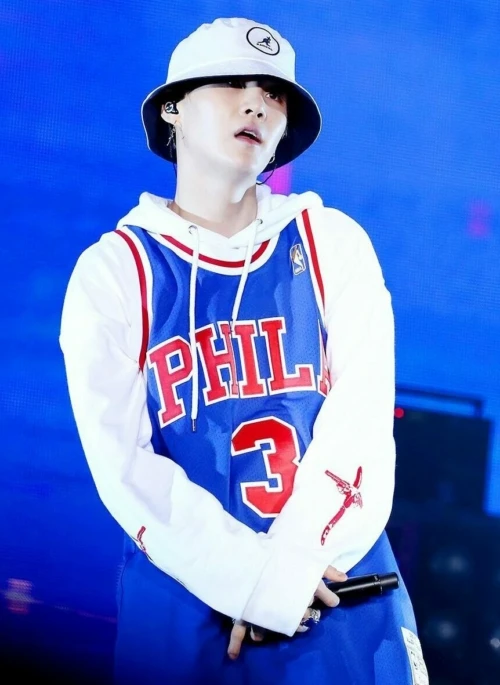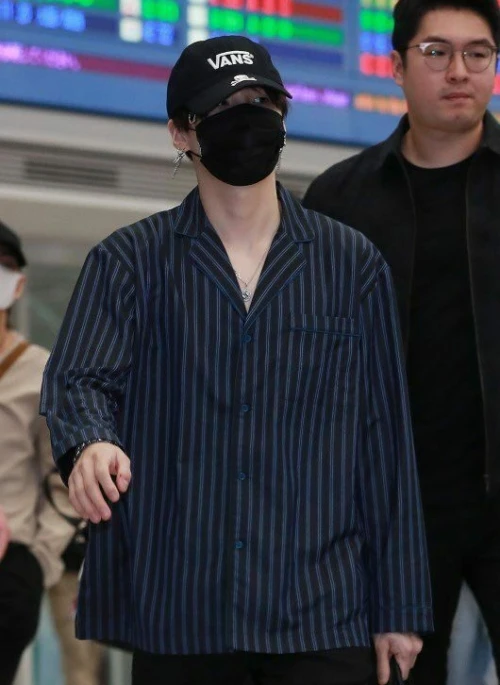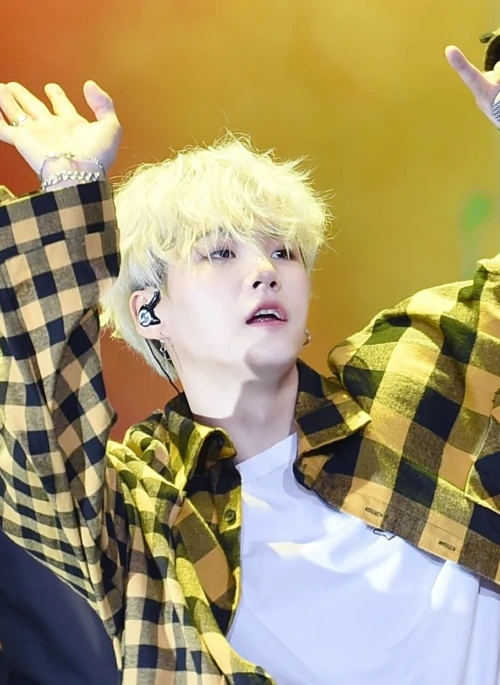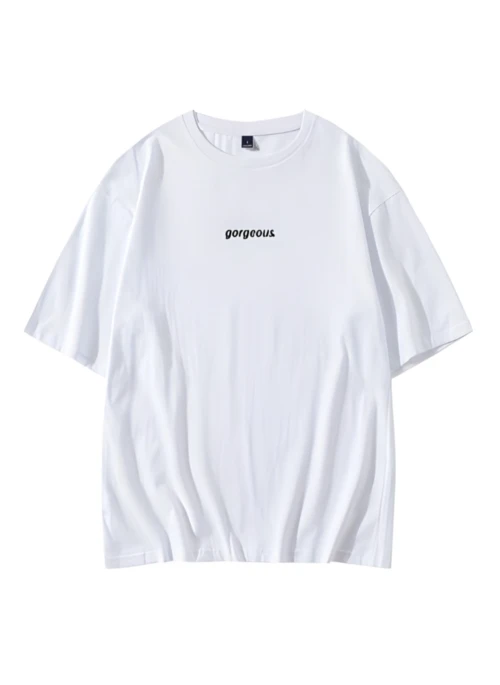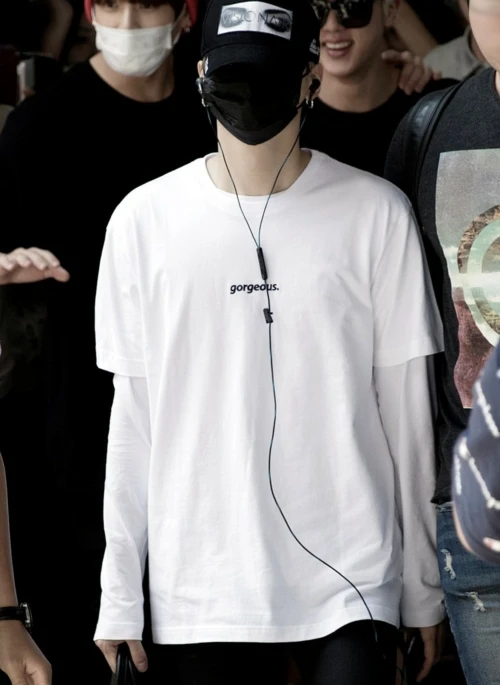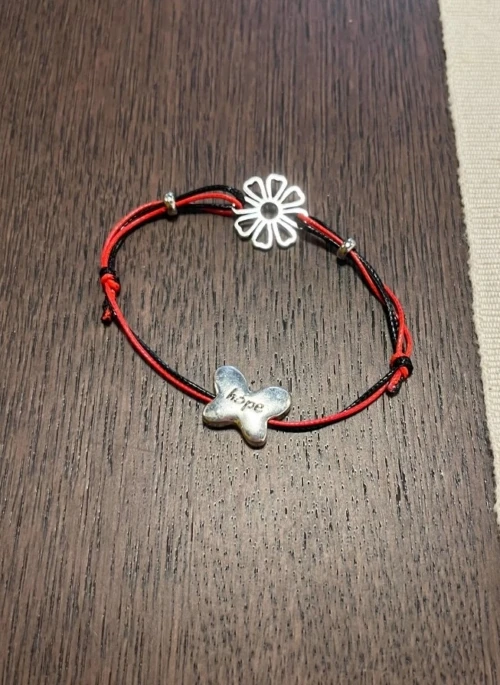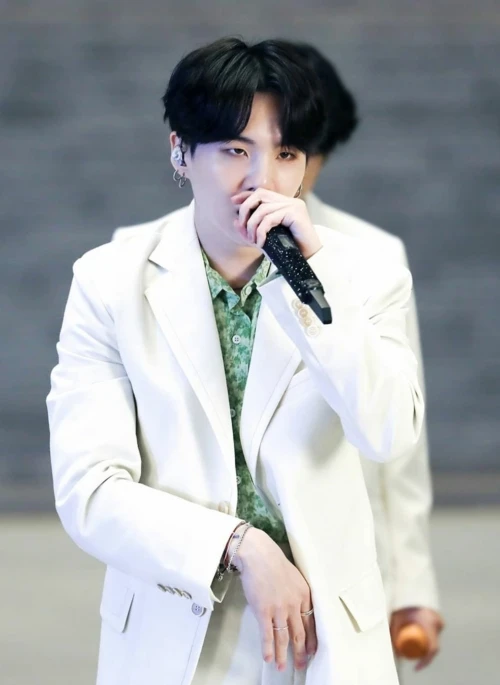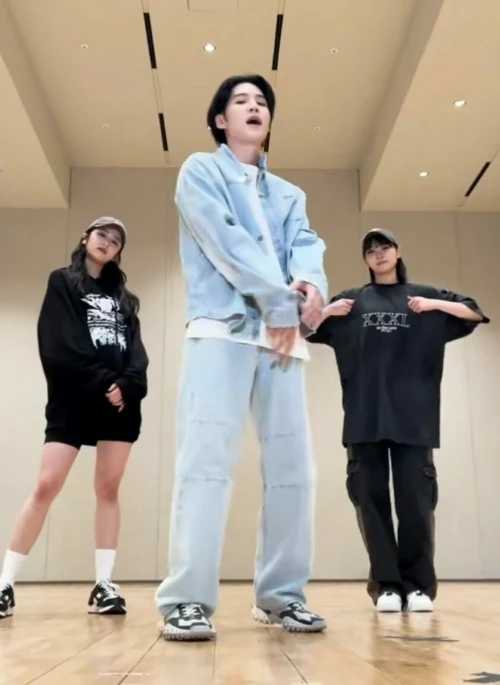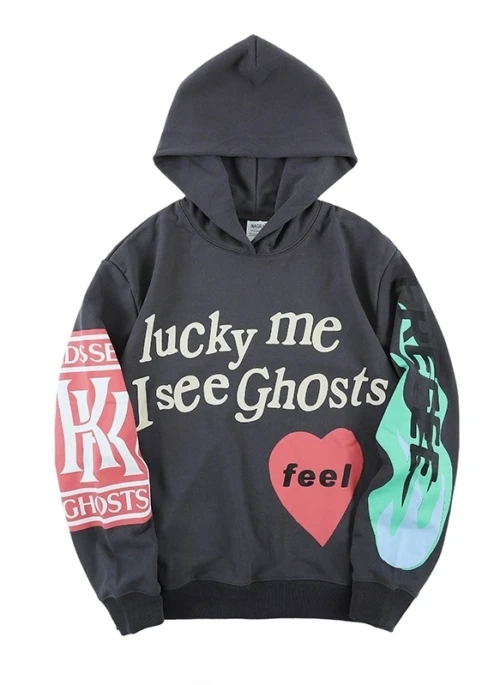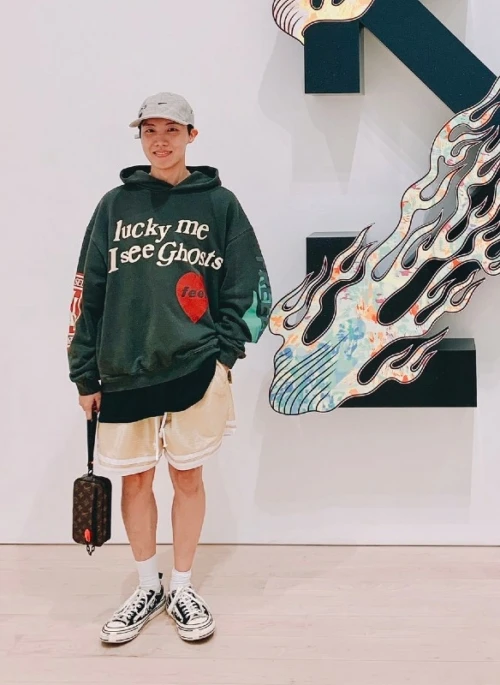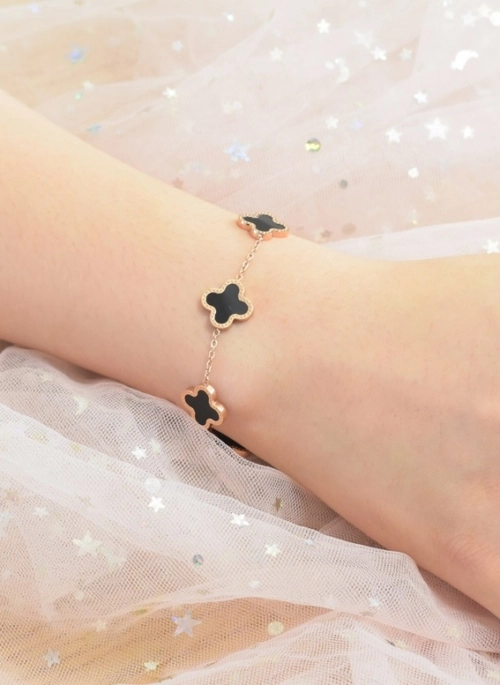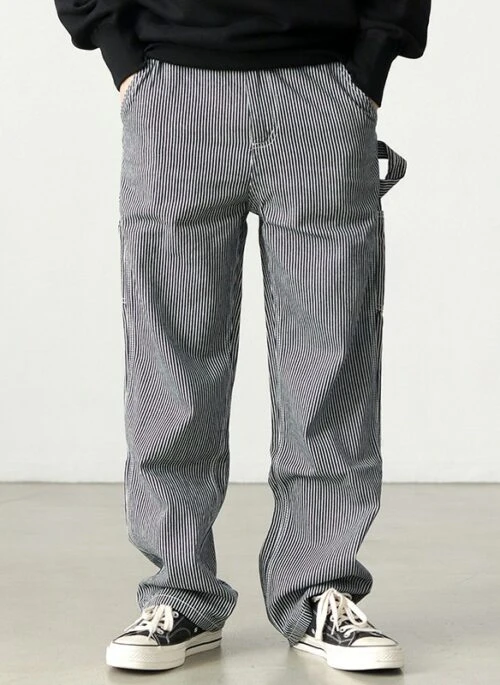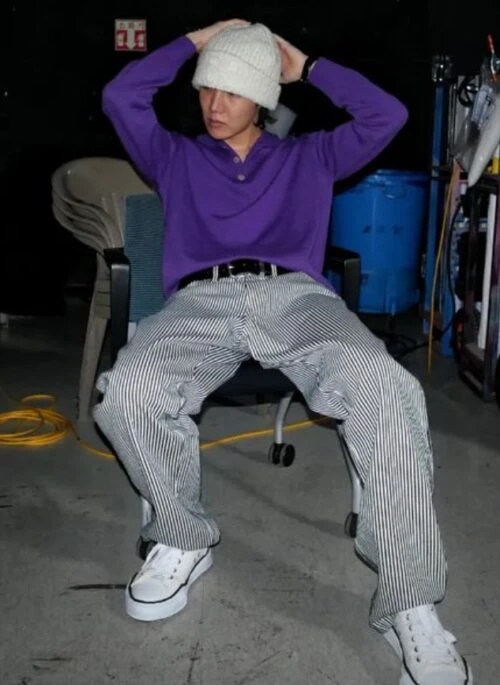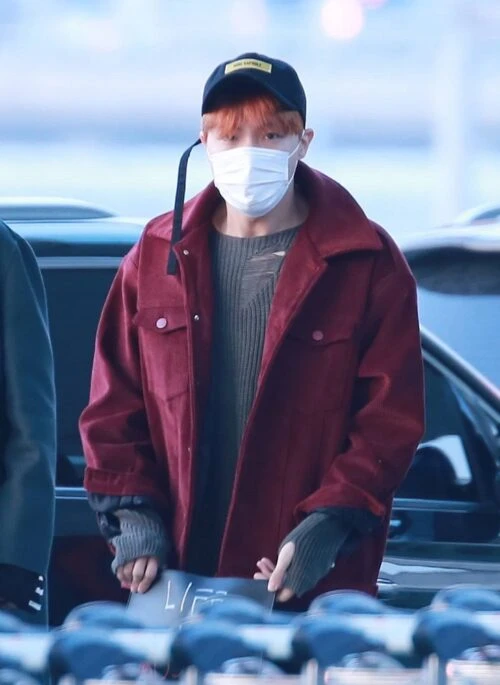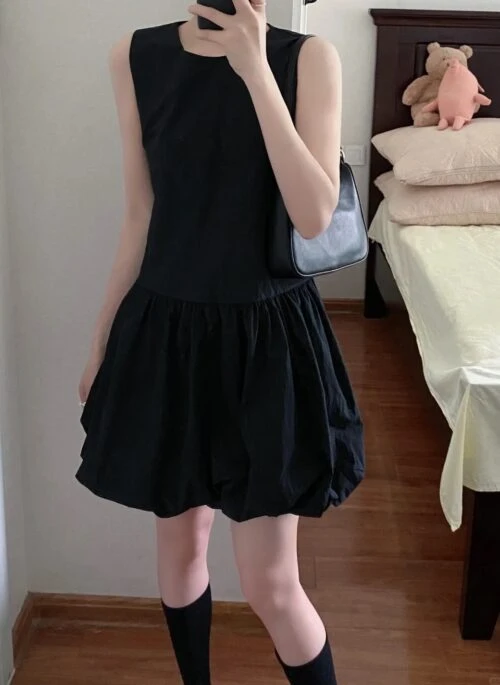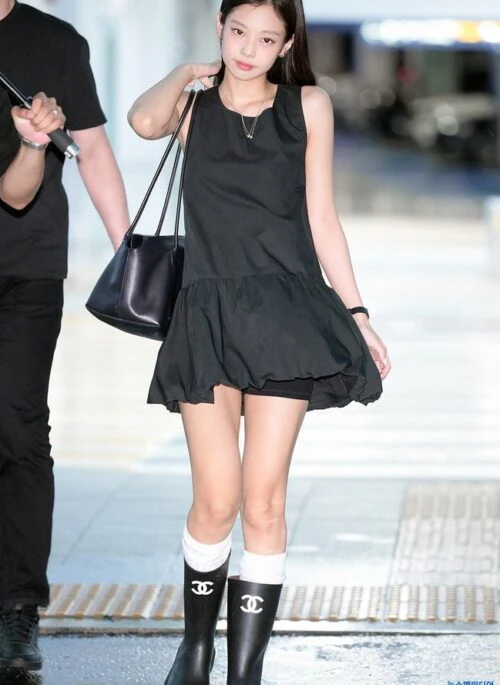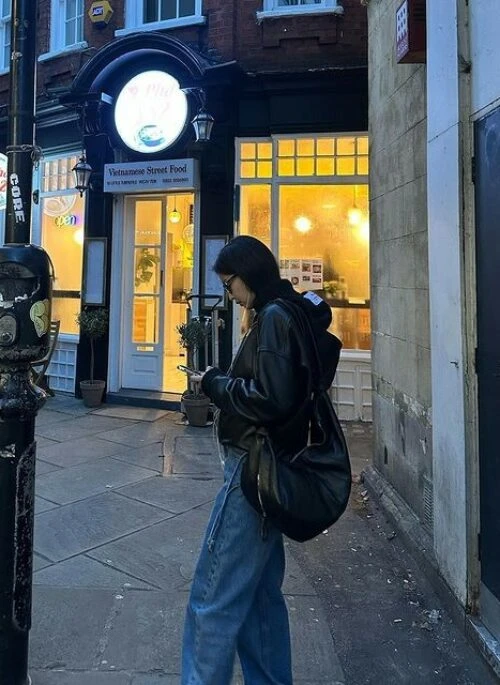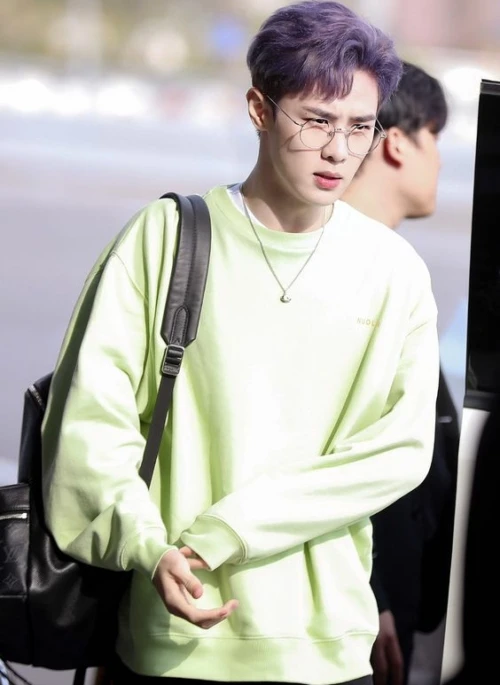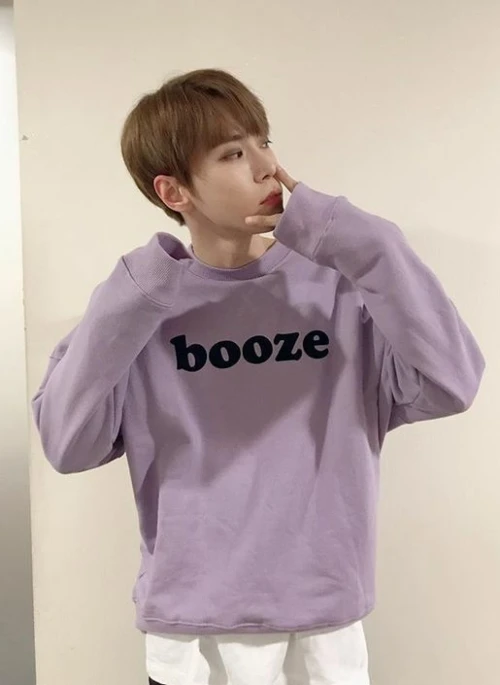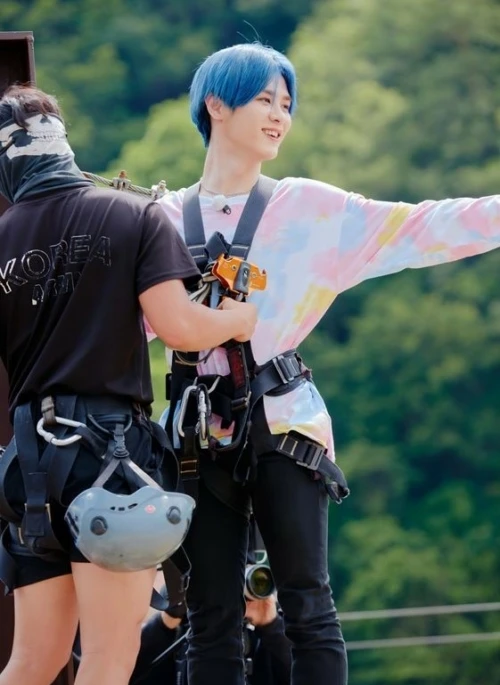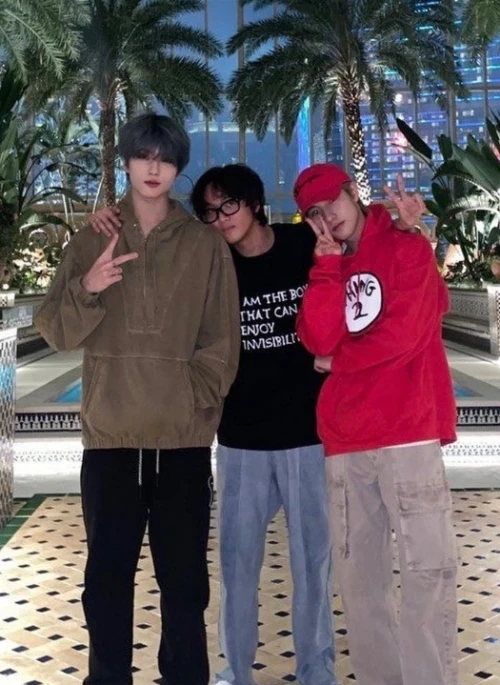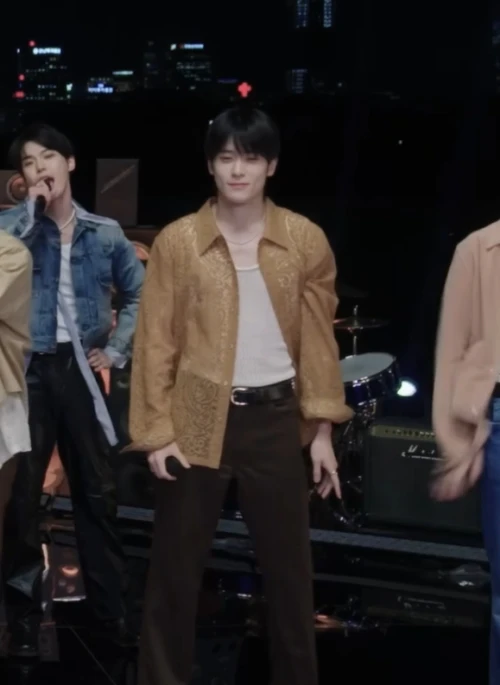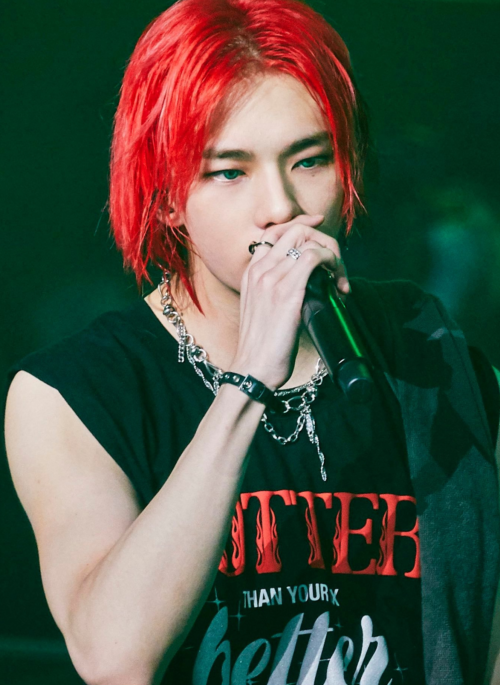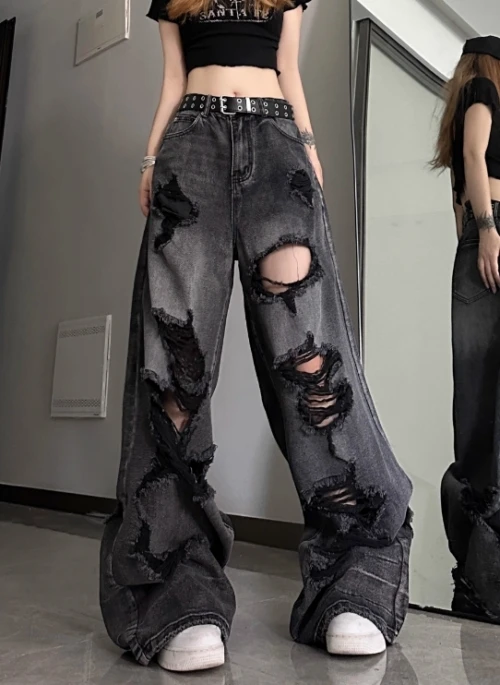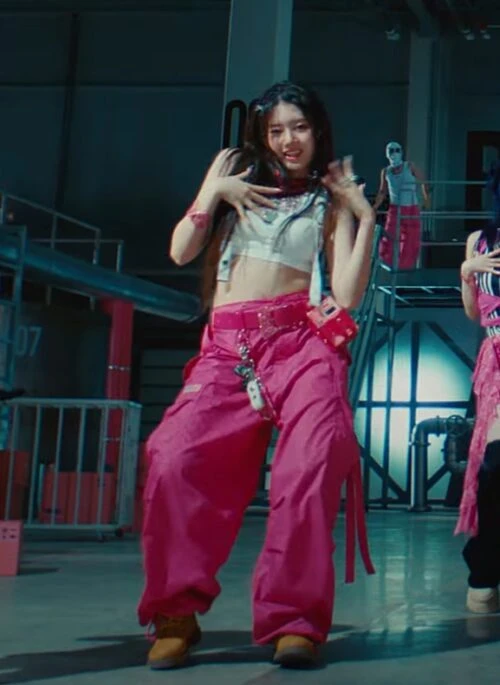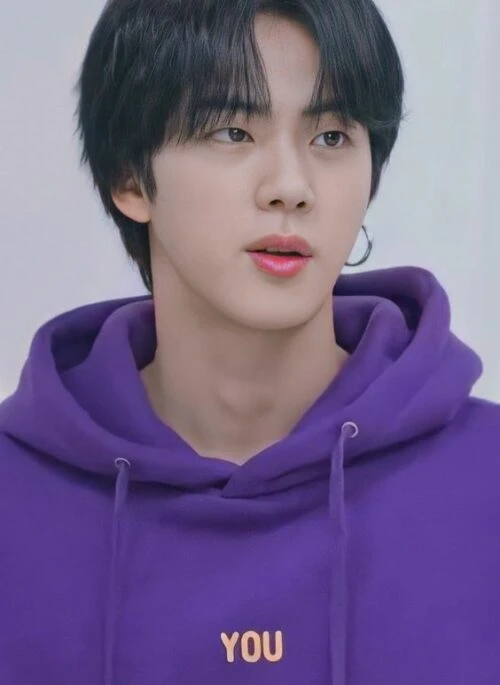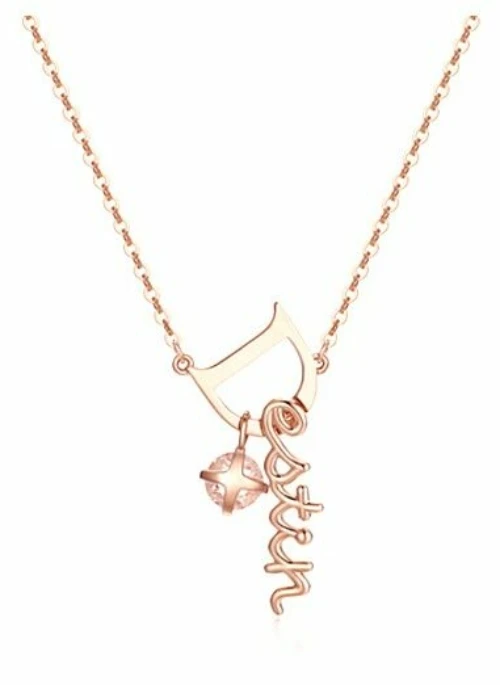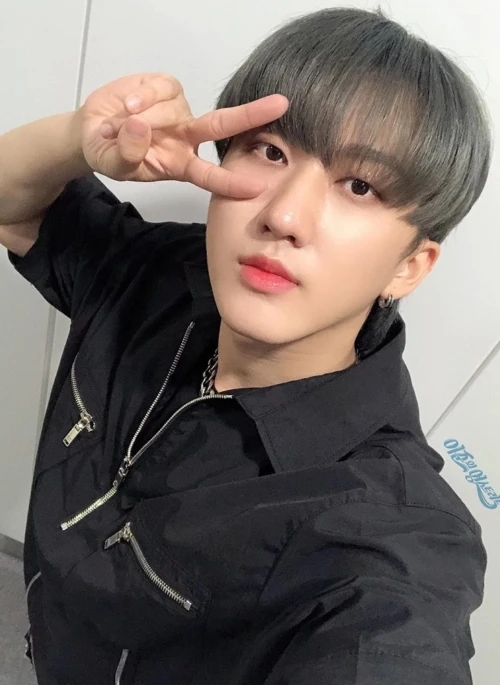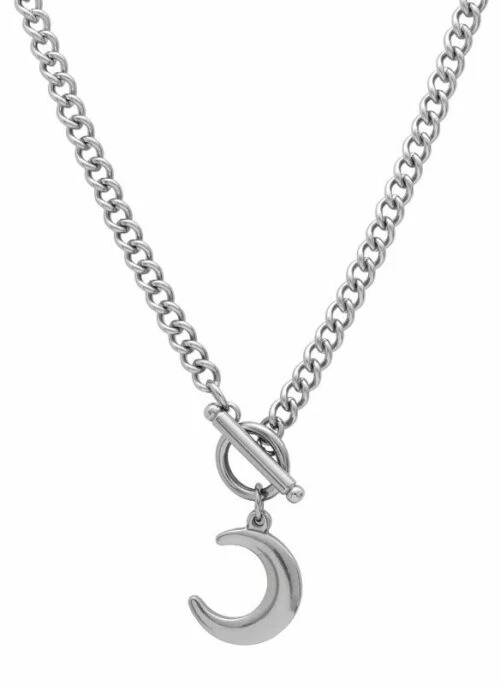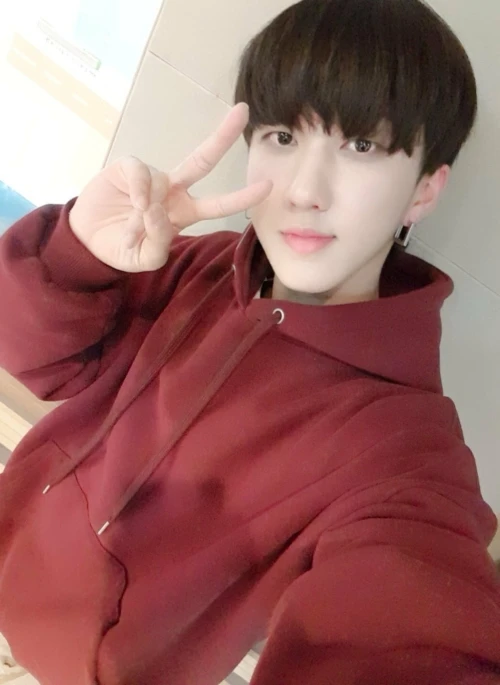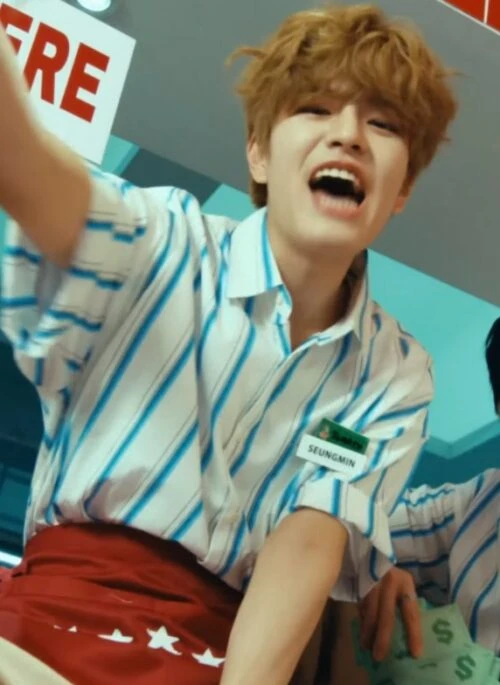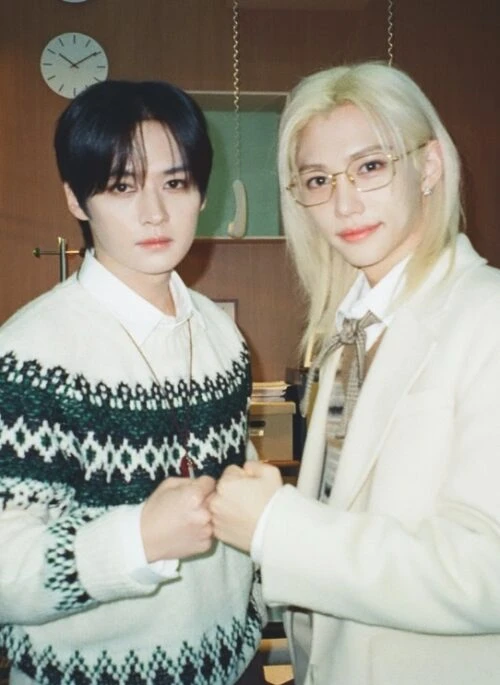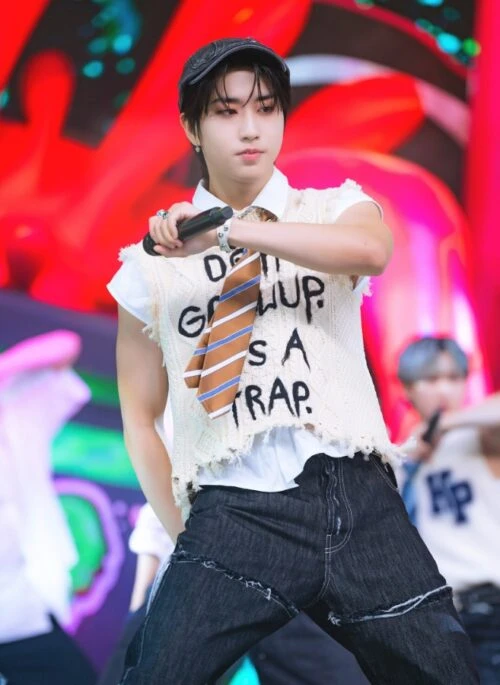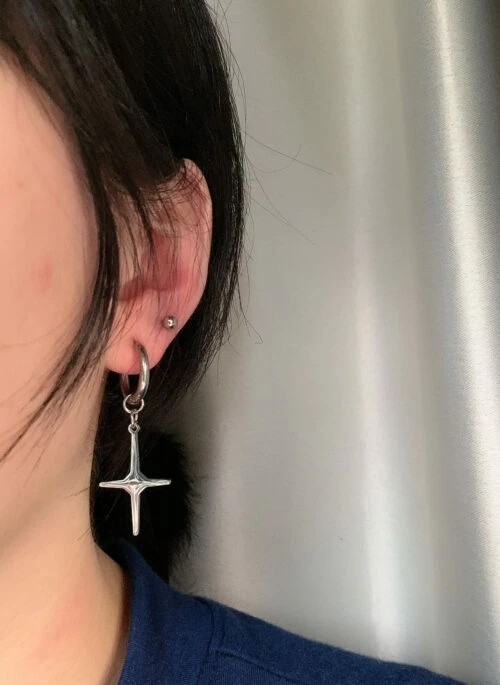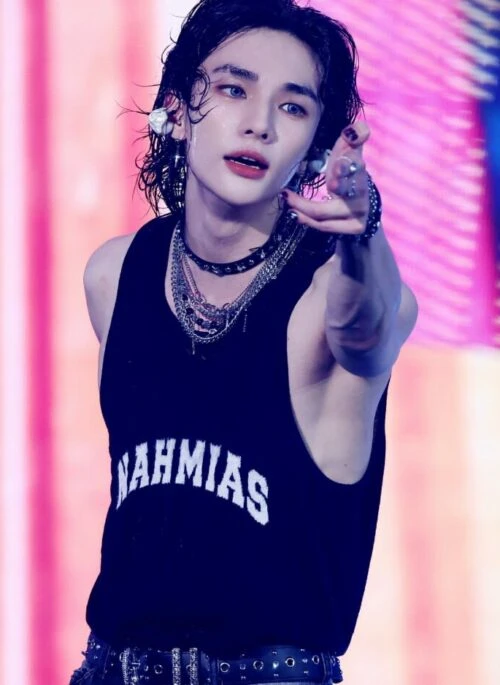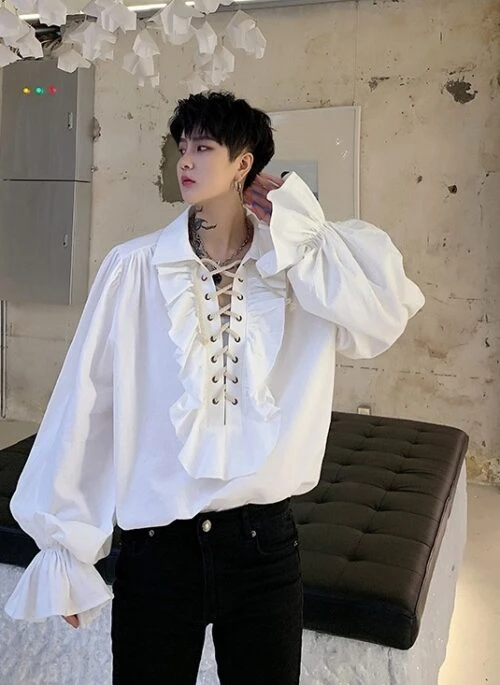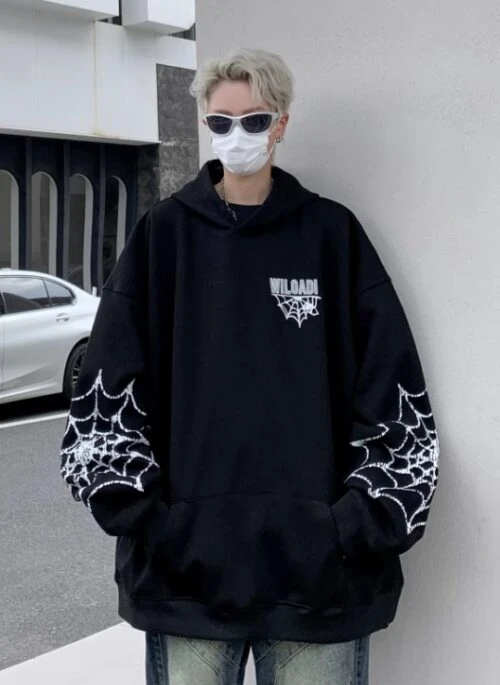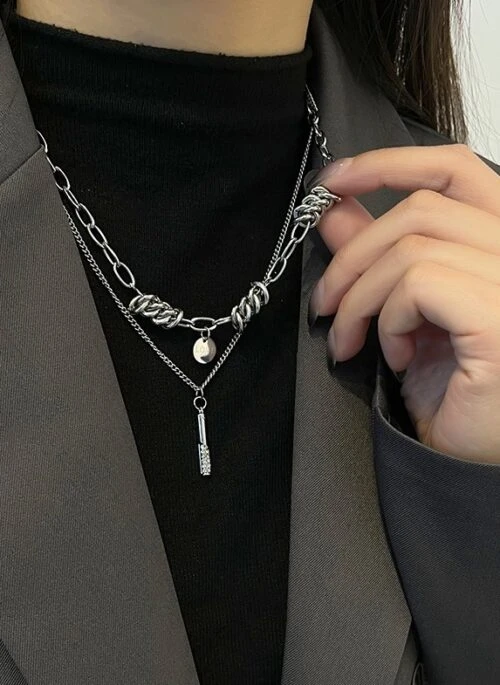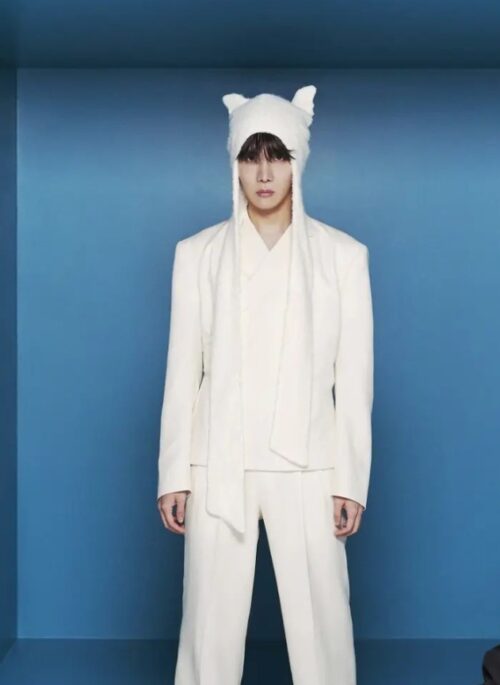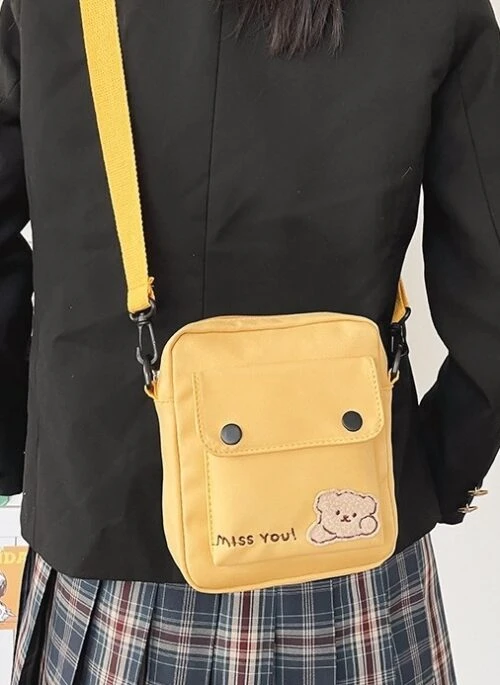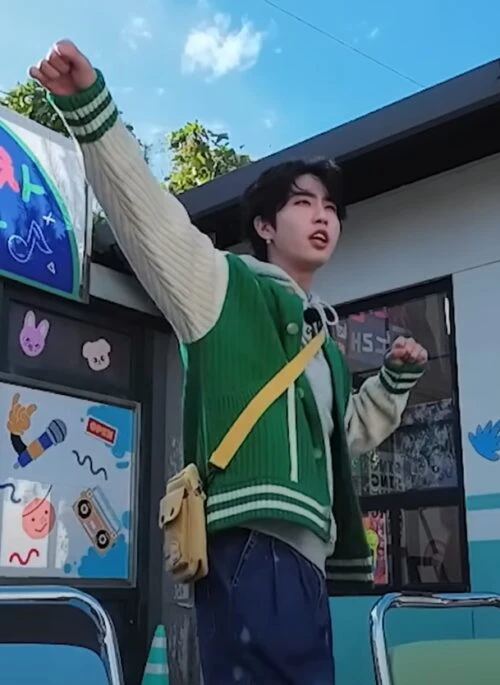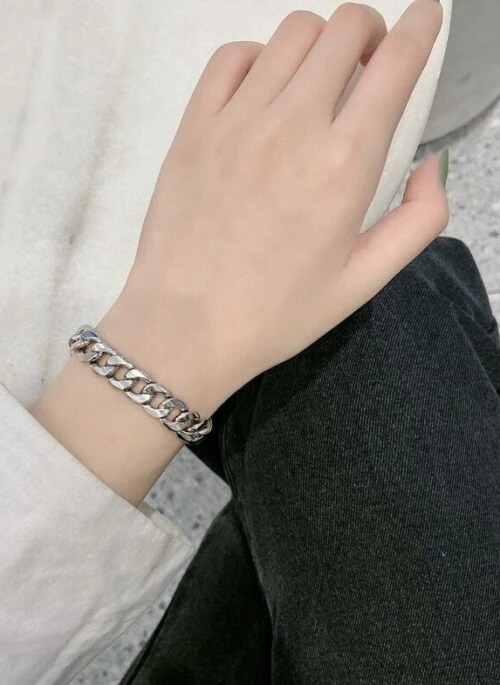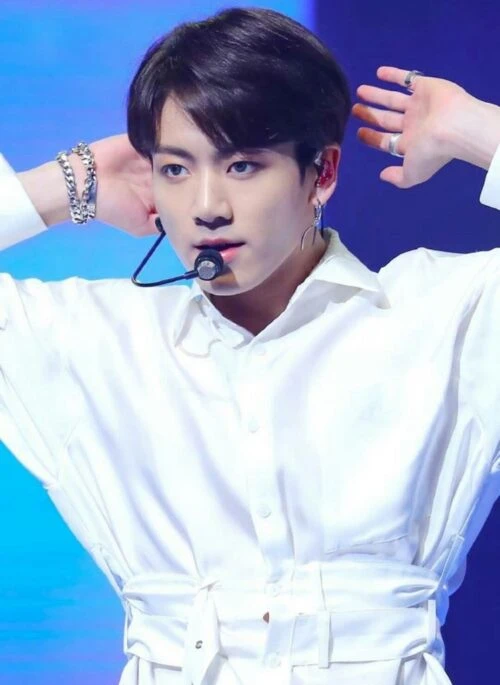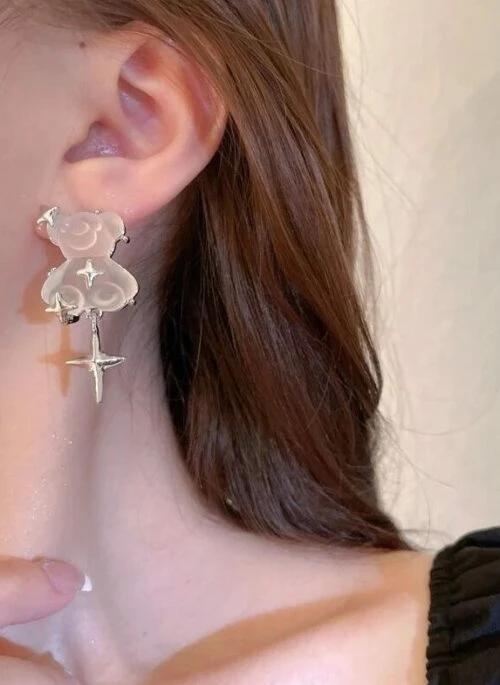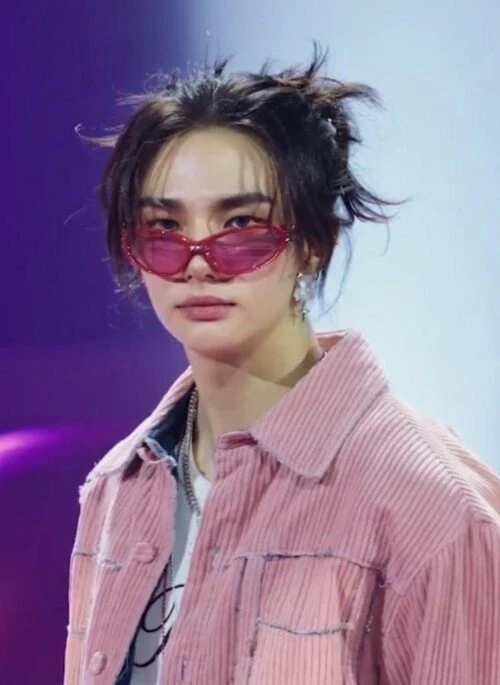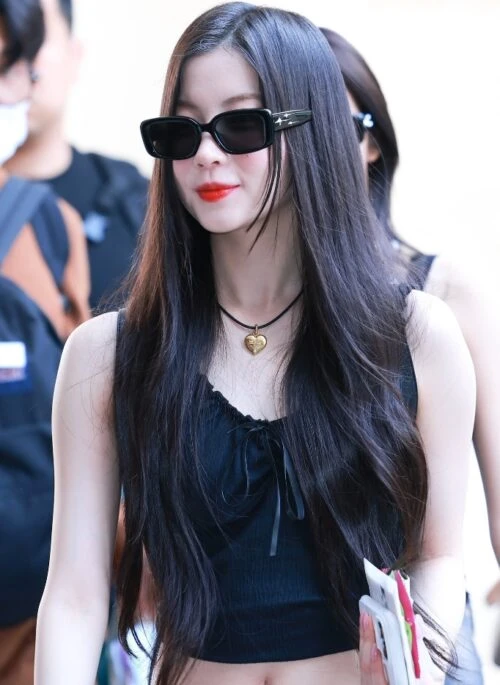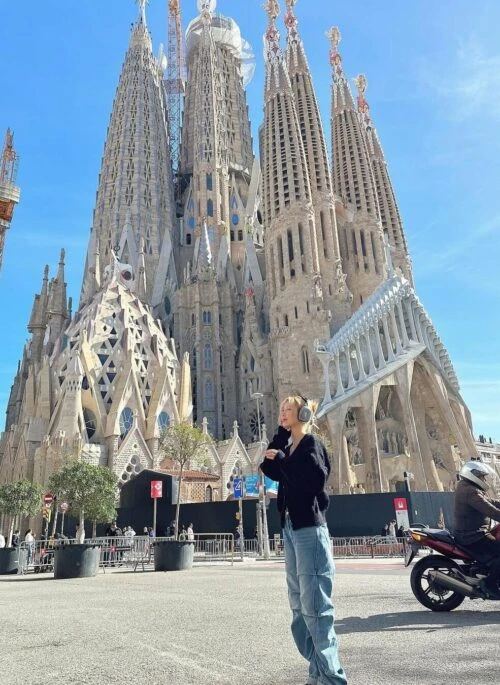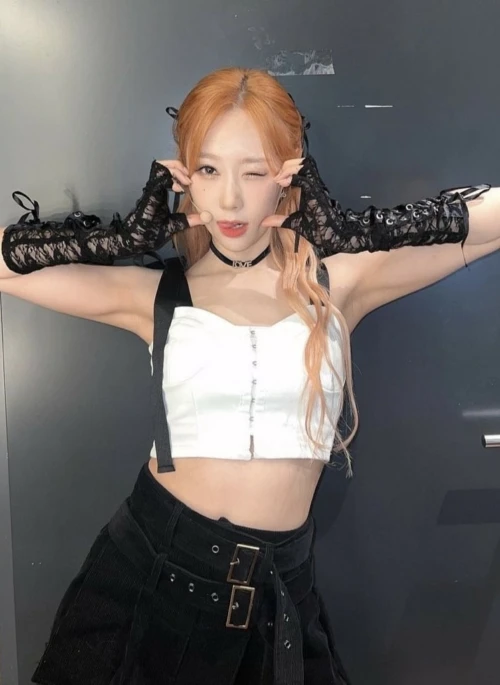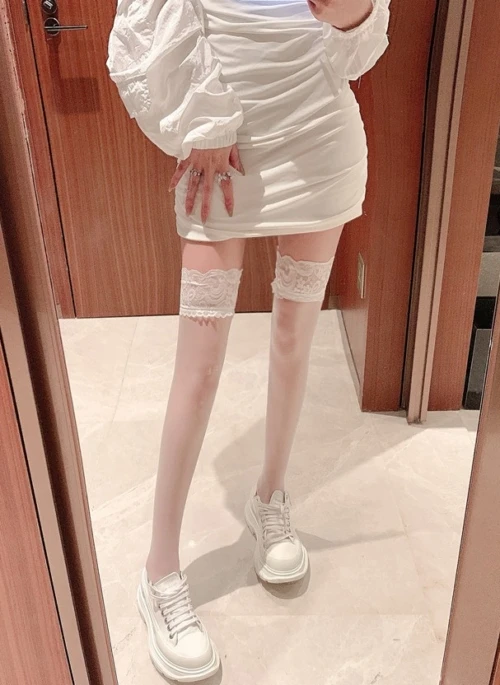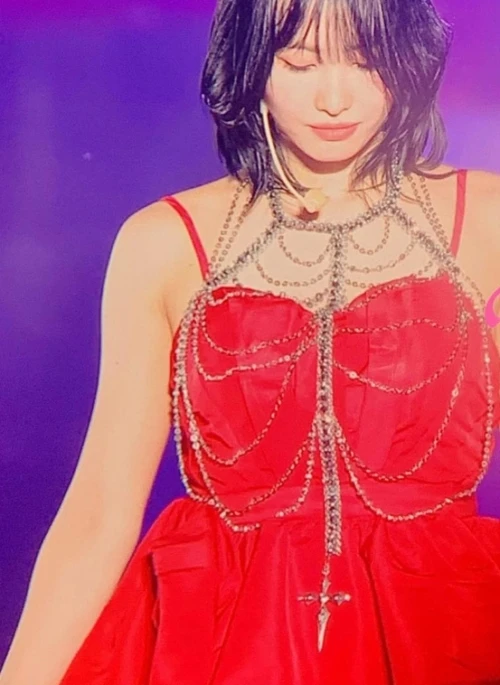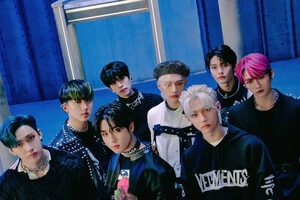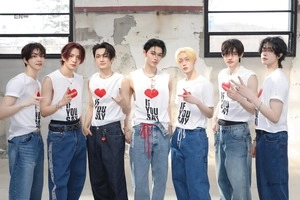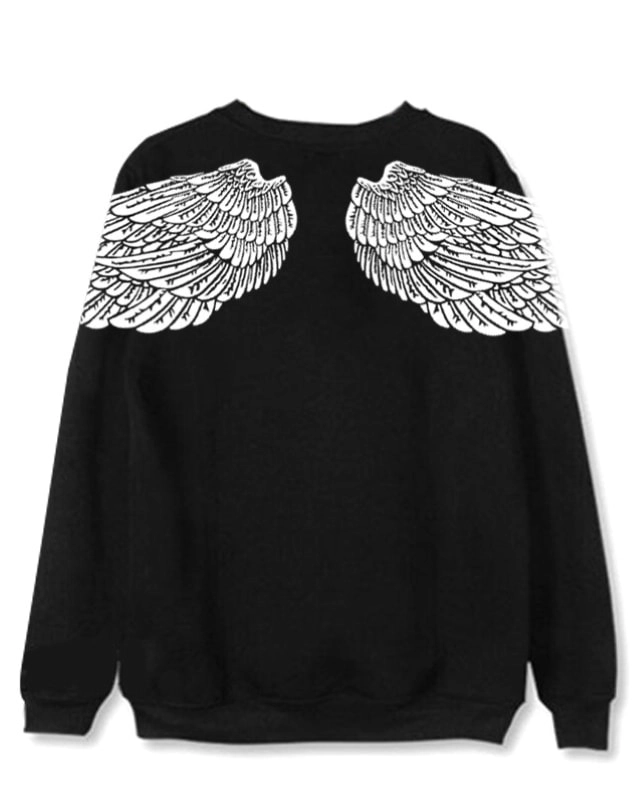14/02/2025
K-POP Concert Chaos: Why Ticket Prices Keep Rising & Fans Are Fighting Back
If you’ve been a loyal K-pop stan, chances are you’ve experienced the magic of a live concert, or at least you used to. But for newer fans? That dream is slipping further out of reach. Ticket prices are skyrocketing to absurd levels, and the frustration is real, to the point everyone is complaining about it. But here’s the thing: the outrageous costs are just the tip of the iceberg, as there are many more issues that need to be addressed.
Table of Contents
- The Pandemic and Skyrocketing Ticket Prices
- Dynamic Pricing and The SUGA Tour Controversy
- J-Hope’s “2025 Hope on the Stage” Solo Tour and Price Gaps
- Last-Minute Tour Announcements
- Overlapping Concerts in Big Cities
- OMEGA X Tour Cancellation
- Declining Concert Quality
- Falling Ticket Sales & An Uncertain Future
The Pandemic and Skyrocketing Ticket Prices
The pandemic may have ended, but it’s still haunting the entertainment industry, and not in a good way. As concerts made their big return, ticket prices began to climb to levels we’ve never seen before, leaving fans frustrated and financially drained. What was once an experience of joy and connection has turned into a nightmare of outrageous costs.

Take the infamous Blackpink Born Pink tour in Malaysia, where a fan paid for two tickets only to discover that one of the seats didn’t even exist. The organizer offered no refund, leaving them to stand through the entire concert. In Singapore, fans who splurged on VIP tickets for the same tour found themselves unable to see the stage, spending the night watching their idols through the phones of the people in front of them. And let’s not even talk about the ticket prices themselves, as average K-pop concert prices have sky-rocketed globally since 2020, with some regions seeing increases of up to 60% compared to pre-pandemic years.
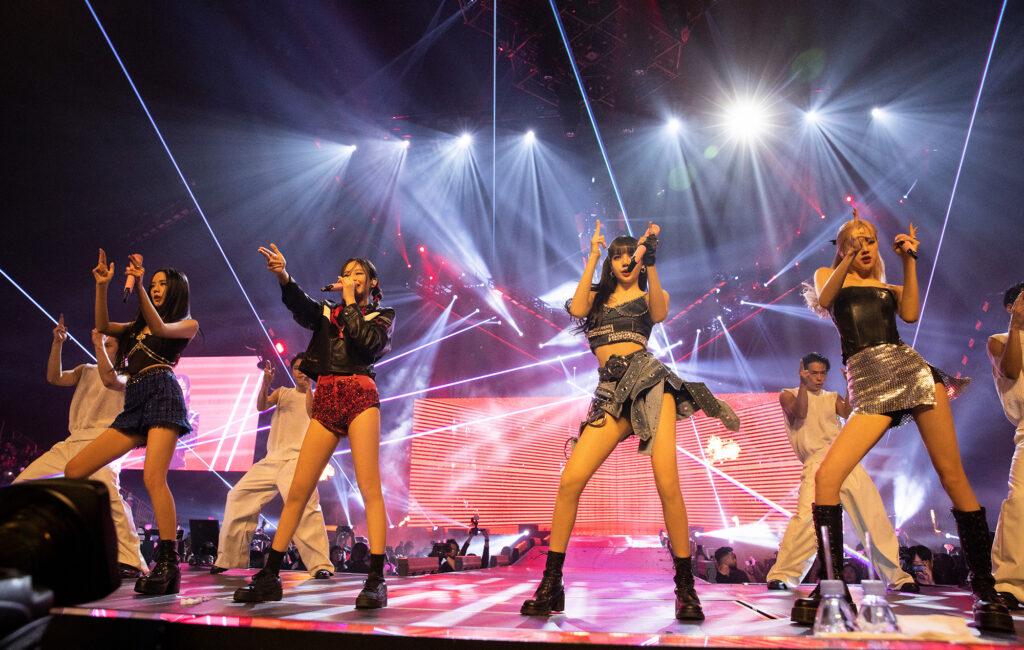
This extreme rise in costs has left fans vulnerable to ticket resellers, who have taken the chaos to new extremes. Things got so crazy that tickets for Blackpink’s Taiwan concert hit an outrageous amount of $17,000 on resale sites. This pushed the government to pass a law punishing resellers with massive fines and even jail time. In South Korea, artists like IU have taken things into their own hands, blacklisting resellers and banning ticket transfers altogether. Yet even these efforts haven’t been enough to protect fans from battling bots and shady resellers for a chance to see their favorite artists live.
Dynamic Pricing and The SUGA Tour Controversy
Then, HYBE came up with a so-called solution to these problems, which just made everything worse. You’ve probably heard of dynamic pricing by now, which is a way for ticket sellers to adjust the ticket prices based on demand. HYBE defended this choice by claiming it’s meant to ensure a fairer distribution of money and tickets, however, in reality, it only created a bigger headache for fans.
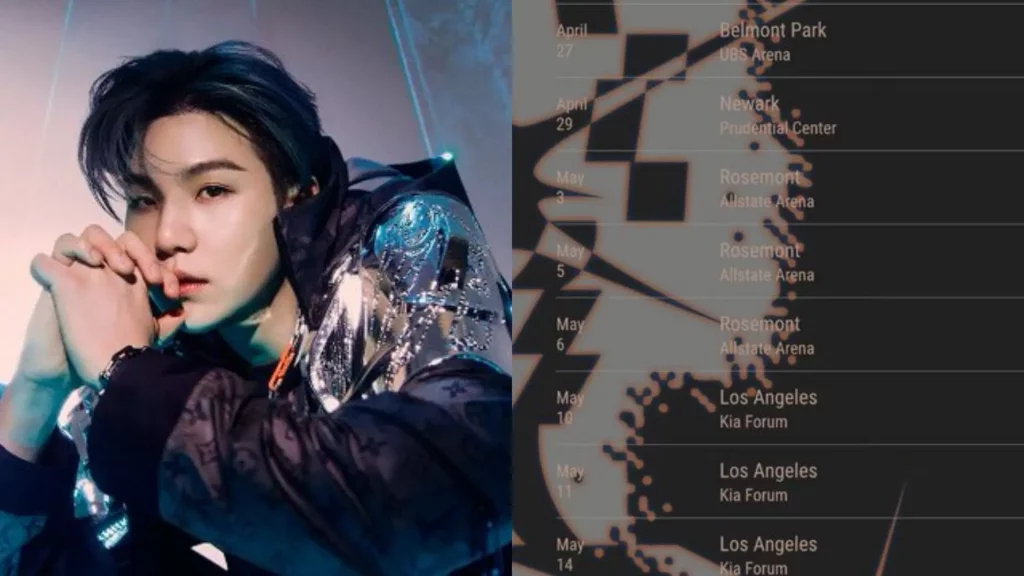
HYBE was the first to use this system with BTS member SUGA’s US tour, and it was a complete disaster. Fans watched in horror as ticket prices skyrocketed to nearly $1,000, more than double their starting price of $350. And let’s not even get started on the costs of the service fees. The backlash was huge, and fans flooded social media with criticism. Fans pointed out that SUGA didn’t need dynamic pricing to sell out his shows, as he was perfectly capable of doing it on his own. They argued fans went into debt for no reason, as this system didn’t make anything better for anyone except for the money-hungry companies organizing these events.
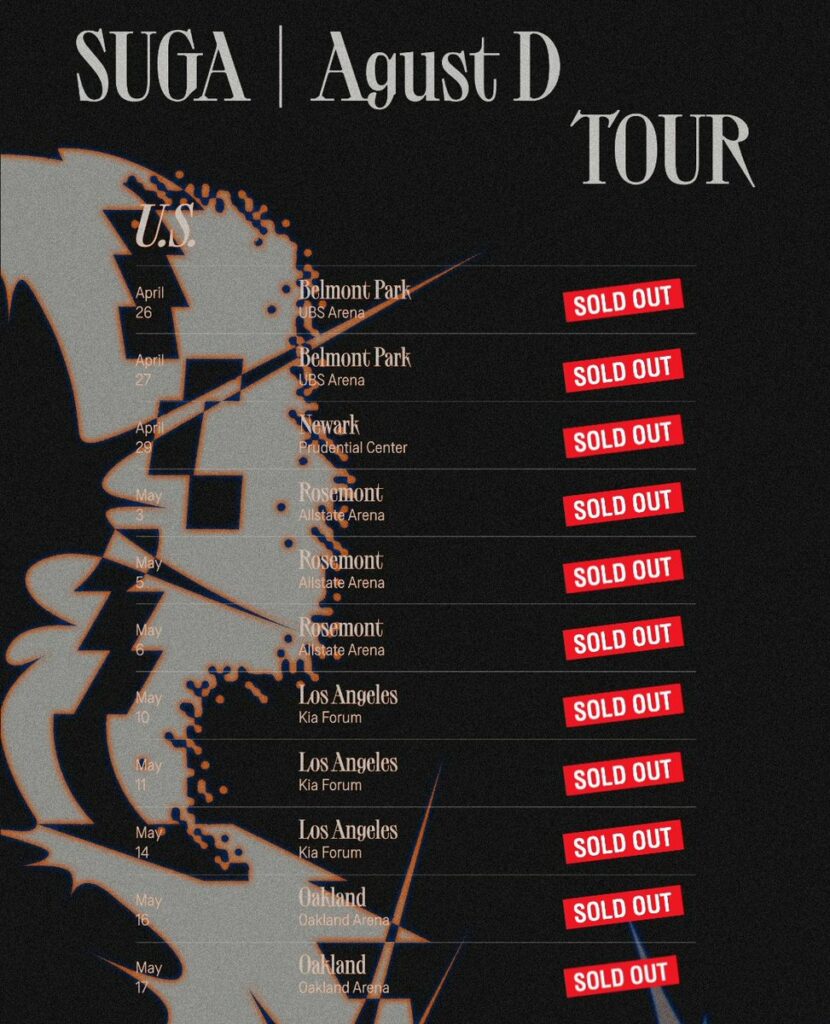
Since this system was introduced, more and more critics have been calling it out for what it is: a cash grab that preys on fans’ loyalty. K-pop is built on fandom culture, and companies know fans will do whatever it takes to see their idols, even if it means overpaying. But here’s the thing: the outrage is growing, and fans are starting to push back.
J-Hope’s “2025 Hope on the Stage” Solo Tour and Price Gaps
This became clearer than ever when J-Hope’s “2025 Hope on the Stage” solo tour was announced. If fans believed things couldn’t get worse after SUGA’s dynamic pricing disaster, this tour proved them wrong in the loudest way possible. What started as pure excitement for J-Hope’s big post-military comeback quickly turned into a complete mess because, unsurprisingly, ticket prices for the U.S. leg of the tour skyrocketed to nearly $1,000 for basic seats. And let’s be clear: we’re not even talking about VIPs here.
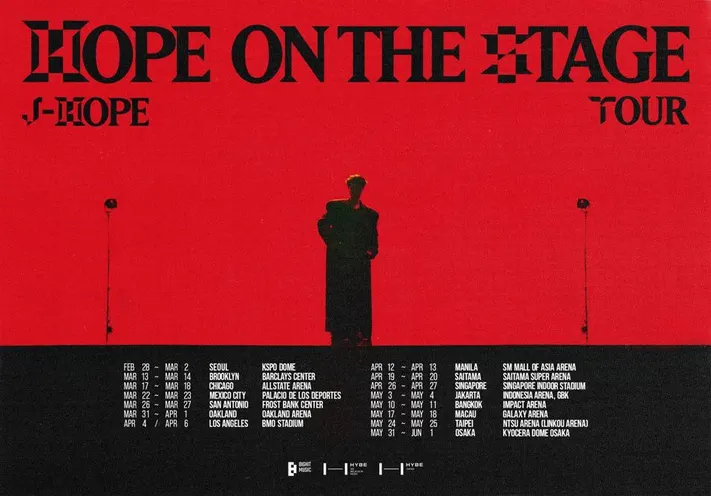
It didn’t take long for ARMYs to notice the difference in prices between regions. Prices in Seoul were pretty reasonable, as a good seat was around $150. But thanks to HYBE’s brilliant idea to use dynamic pricing, the seats in the US were five times more expensive. After discovering this, fans completely exploded on the internet because how can the same artist, with the same performance, come with such a massive price gap depending on where you live?
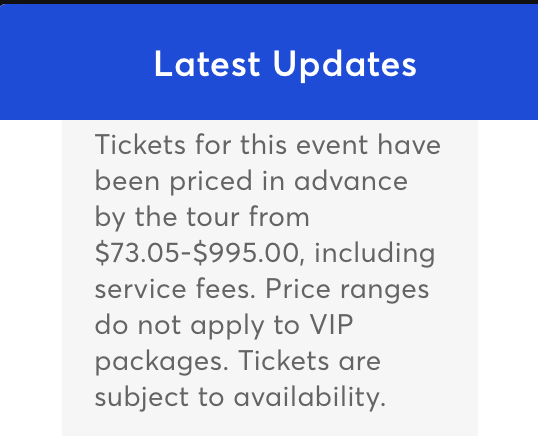
HYBE wasn’t the only target of backlash because Ticketmaster is just as guilty. They managed to make everything worse with their outrageous service fees. Why stop at overpriced tickets when you can milk an additional $125 from fans to really twist the knife? This situation sent a loud message to everyone around the world: concerts are starting to feel like they’re only for the ultra-rich. Fans took to the internet to express that these shows should be priced in a way that fans don’t have to sell their kidneys to attend. At the end of the day, they’re not wrong. K-pop was built on fandoms, on the kind of passionate loyalty that turned relatively niche acts into global icons. But now it’s starting to look more and more like a quick cash-grab scheme, and everyone is tired.
Last-Minute Tour Announcements
Overall, this whole situation made one thing painfully obvious: K-pop companies have no problem squeezing every last dime from fans, and their strategy of dropping last-minute tour announcements is just another way to keep the chaos going. These sudden drops don’t just create outrage; they’re a calculated move to scam fans for as much as possible on top of already sky-high ticket prices.

In the last two to three years, there have been plenty of scenarios where big and small groups alike have announced their tours completely out of the blue. Of course, as a result, fans rush to check the dates, only to realize that the first show is less than a month away, with tickets going on sale in a matter of days. When this happens, strategic planning is no longer an option. Instead, fans make panic-induced choices, leading to extremely financially irresponsible decisions.
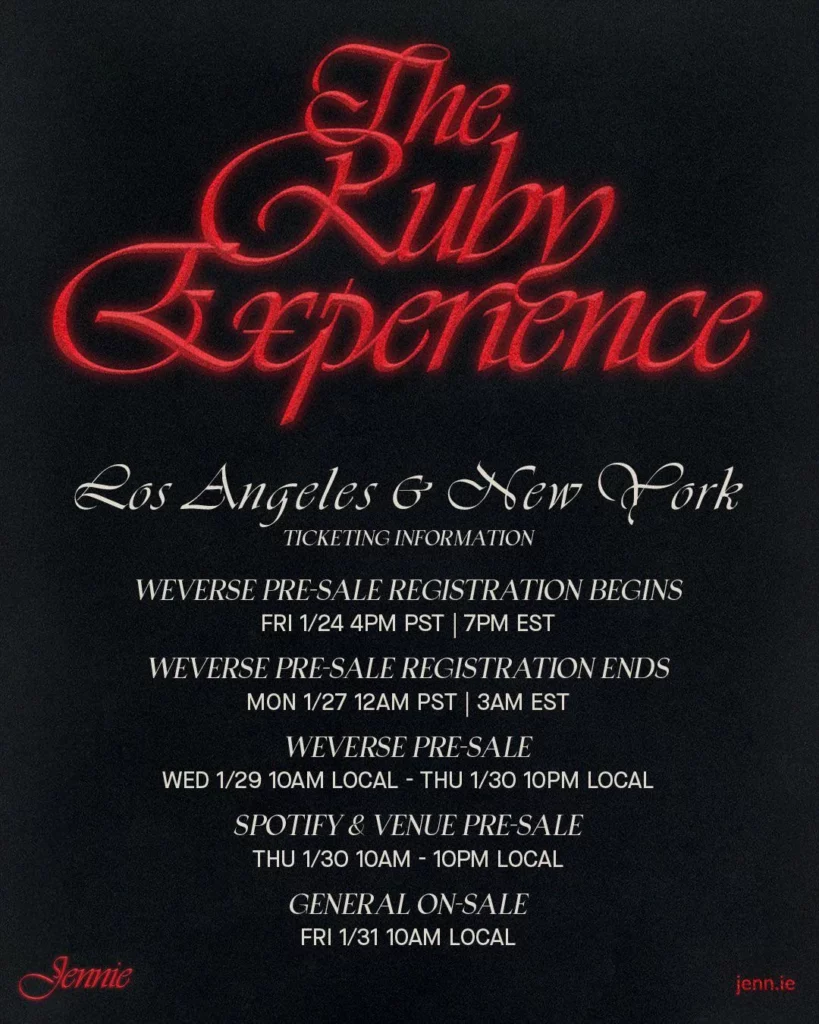
The real question is why companies have become more inclined to follow this strategy. Unfortunately, the answer is pretty straightforward: urgency and panic sell more tickets. By announcing concerts at the last minute, fans are more likely to spend a huge sum of money on seats, convinced this might be their only shot at seeing their favorite idols live. Creating a “now or never” mentality is a textbook business tactic to make the most profits, and it seems like that’s all the Korean entertainment industry cares about nowadays.
The ironic part about this strategy is that it doesn’t seem to be common in the West. In most cases, Western artists often announce tours months, sometimes even a year, in advance, giving fans plenty of time to save, plan travel, and budget for tickets. Another punch to the gut is that in Korea, fans can hop on a train to attend a concert and head home the same night. Tickets are often cheaper, and logistics are usually much simpler. But in massive regions like the U.S. or Europe, fans face expensive flights, long bus or train rides, and multiple nights in a hotel, all of which require serious planning and a good amount of money.
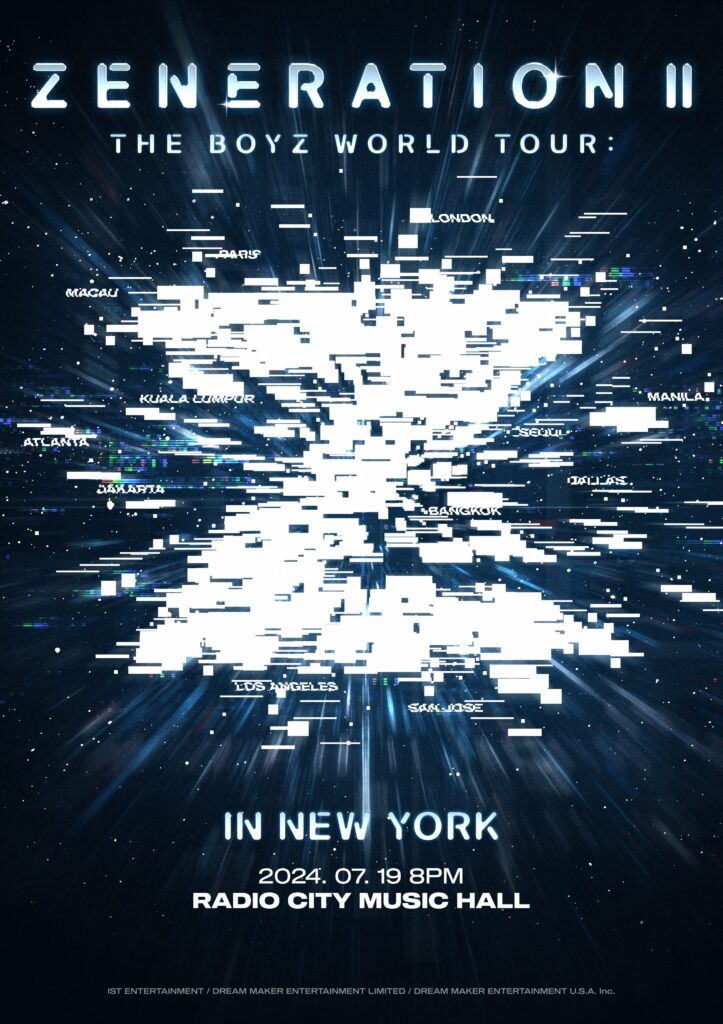
Yet, K-pop companies either don’t realize or, worse, they simply don’t care that these regions work differently. The result is that most international fans are left struggling to make it work, often sacrificing other plans, maxing out credit cards, or praying their boss approves a last-minute day off. There have been many instances of these last-minute ticket drops. Take The Boyz, for example. When IST Entertainment announced their U.S. tour dates last year, fans had one business day to prepare for ticket sales in major cities like New York, Atlanta, and Los Angeles. 24 hours is not a lot of time to try to rearrange your budget, cancel plans, and figure out travel logistics.
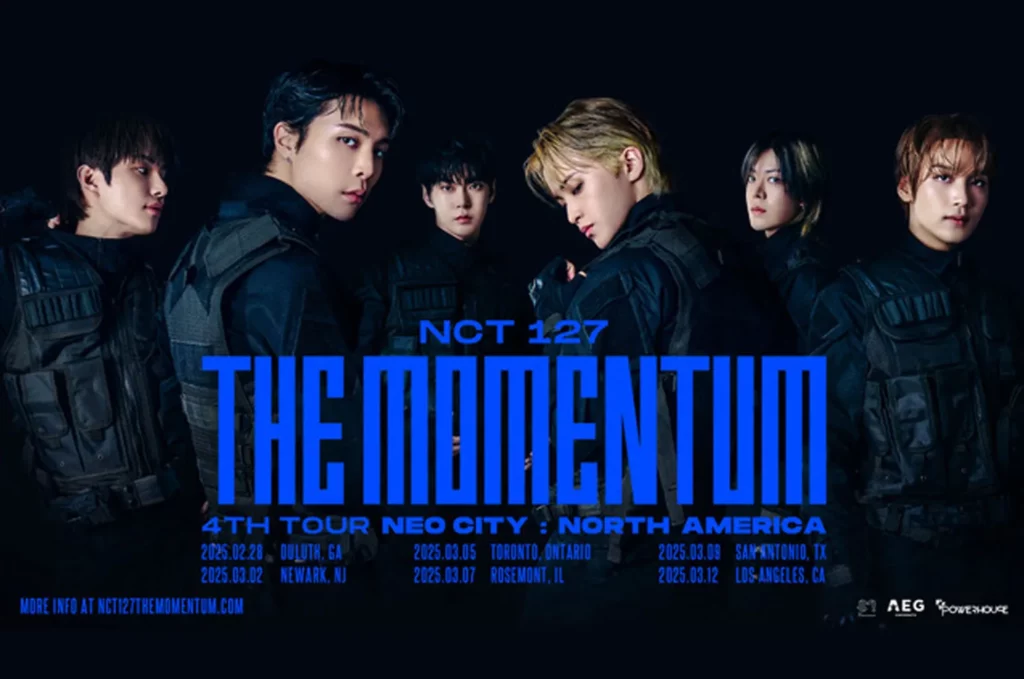
Fans of groups like NCT 127 and Ateez have faced similar situations. NCT 127 gave fans just 37 days to prepare for their Atlanta show as part of the Neo City The Link tour. Ateez was slightly better, with two months between ticket sales and their North American tour kickoff. But even then, fans were left struggling to find extra cash while juggling work, school, and other obligations.
Overlapping Concerts in Big Cities
Another negative result of these last-minute drops is overlapping concerts. NYC alone has seen Mamamoo and NMIXX, aespa and iKON, and Eric Nam and STAYC all performing on the same nights. Promoters may be competitors, but the lack of coordination leaves fans torn between groups they love. One PR rep even joked about the absurdity of repping two acts with concerts on the same day.

For fans who follow multiple groups, these overlaps feel like an impossible decision, one they shouldn’t have to make in the first place. The reality is that K-pop companies are exploiting fans’ desperation and loyalty. They know loyal stans move mountains to see their faves, even if it means draining their wallets or ruining their schedules. But this level of stress and financial strain isn’t sustainable. Fans shouldn’t have to choose between their love for an artist and their ability to pay rent. If K-pop wants to thrive globally, companies need to understand that international fans aren’t just ATMs, they’re people with lives, budgets, and limits.
OMEGA X Tour Cancellation
The level of disrespect K-pop fans have been facing from tour organizers has officially hit rock bottom because now, it seems canceling an entire tour just two weeks before it’s set to start is totally fair. The recent cancellation of OMEGA X’s 2024 US Tour has left everyone very confused, and it’s a harsh reminder of how poorly fans are being treated.
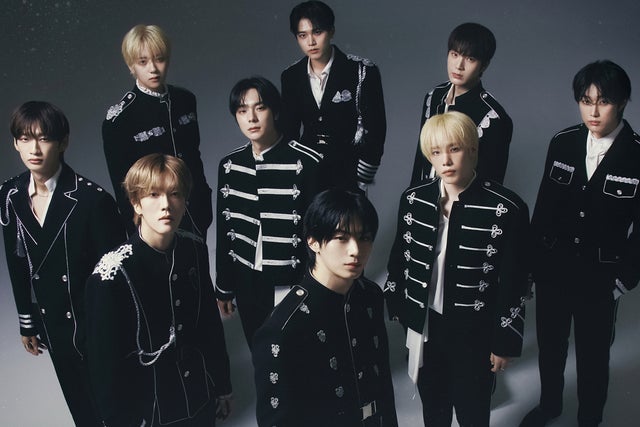
The tour was announced in November of last year, and of course, tickets went on sale only four days after. Then, to make things worse, the company tried to sell VIP tickets for a mind-blowing $500 a few days after the original ticket sale. As the end of November was approaching, something felt extremely off. There was little to no promotion for the tour, leaving fans to question whether the shows were even happening. Concerns grew, and some began reaching out directly to venues. Their suspicions were confirmed when venue responses suggested the tour was no longer on schedule.
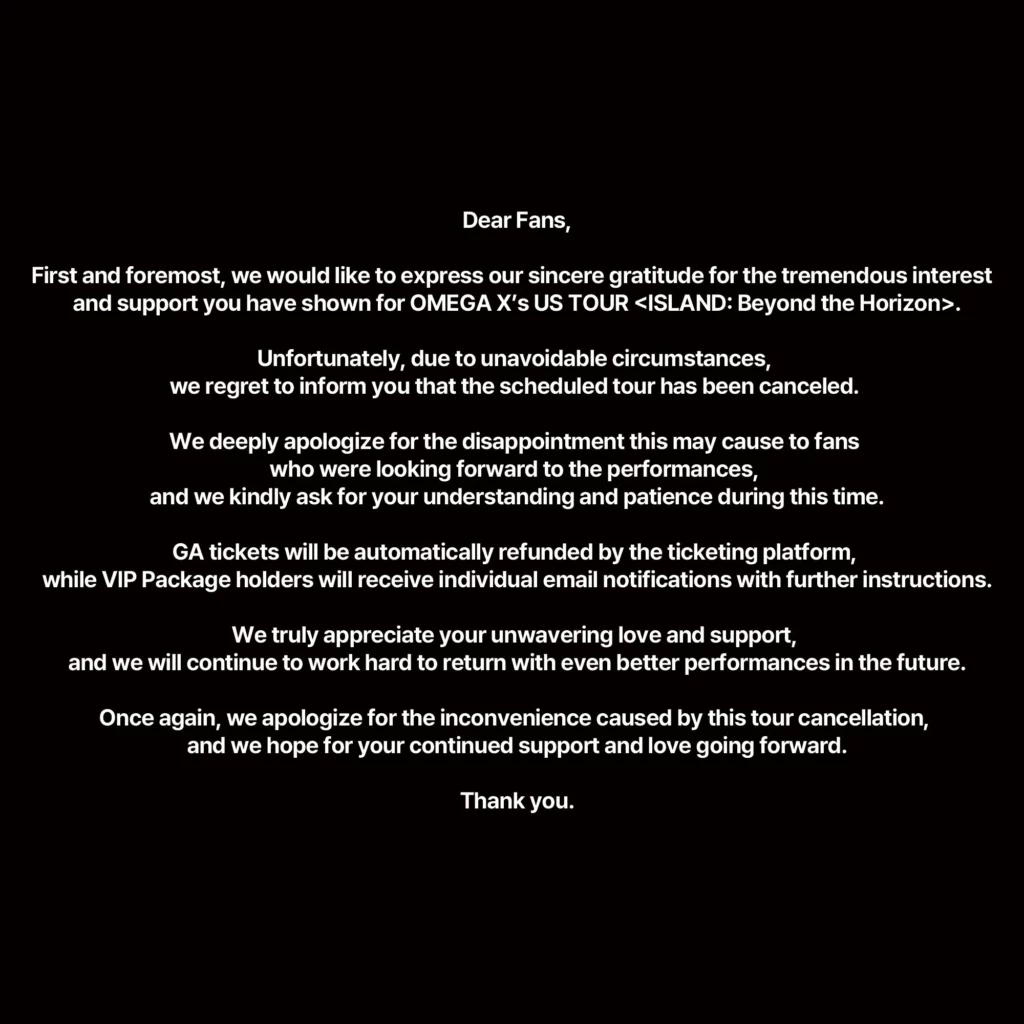
Fans were left hanging with zero updates from OMEGA X’s team or the event organizers. Weeks of silence later, IPQ Entertainment finally broke the news: the tour was canceled due to “unavoidable circumstances.” Sure, they promised ticket refunds and even threw in some VIP goodies like a signed poster, photocards, and a video call with a member, but let’s be real: no amount of freebies can fix the heartbreak, stress, and money fans wasted. This wasn’t just disappointing, it felt like a total slap in the face.
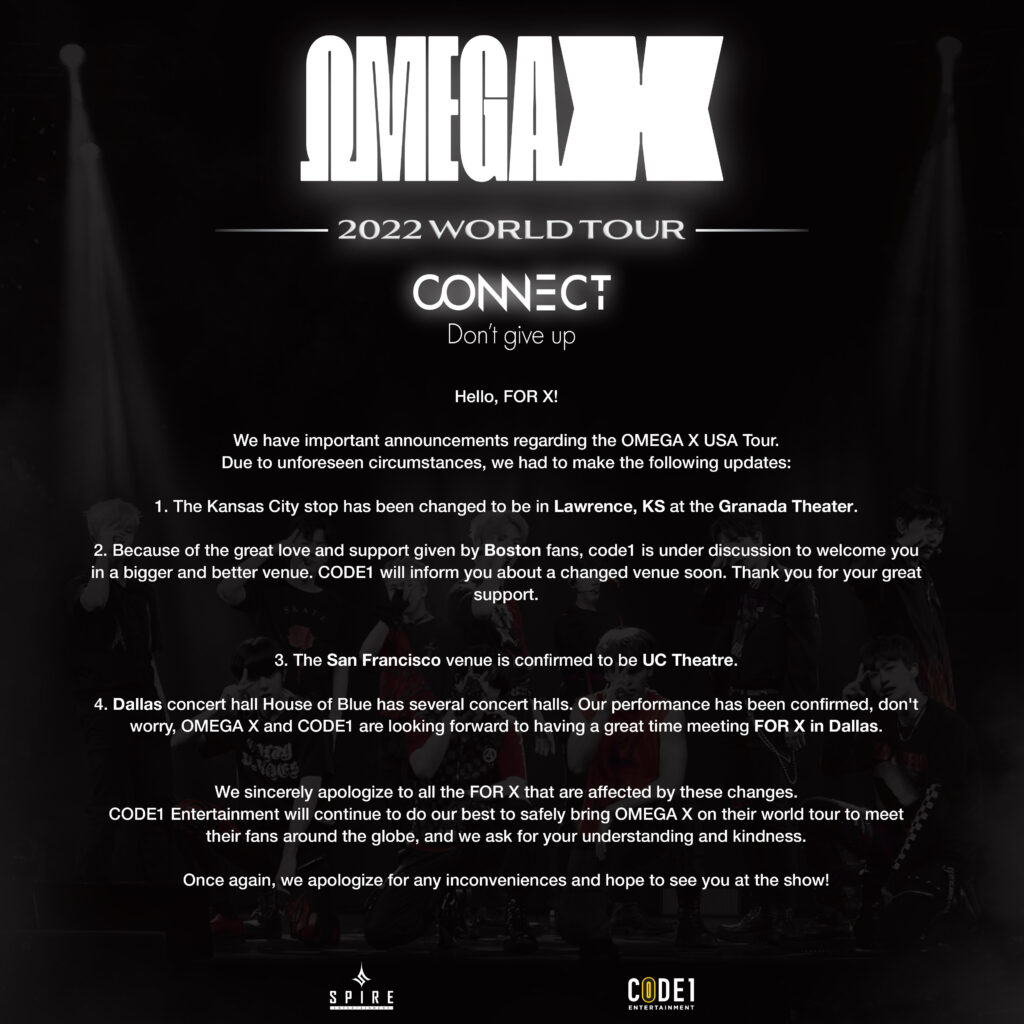
Fans poured their hard-earned cash and energy into this tour, rearranging their lives to make it happen. Some probably took days off work, booked flights, and paid for hotels, only to have everything pulled out from under them at the last minute with little to no explanation. What’s even more mind-boggling is how messy the whole thing was from the start. The tour announcement came out late, leaving fans with only a few days to make it work. But somehow, they could wait weeks to announce the cancellation. It’s just another reminder of how little respect these companies seem to have for their international fans.
Declining Concert Quality
Another issue that’s impossible to ignore is the slowly declining quality of international K-pop concerts. Fans everywhere are starting to agree: the transformation of these shows into quick cash grabs is killing the magic. Concerts used to be about creating unforgettable experiences, but now it feels like companies are cutting corners at every turn, and the performances are paying the price.
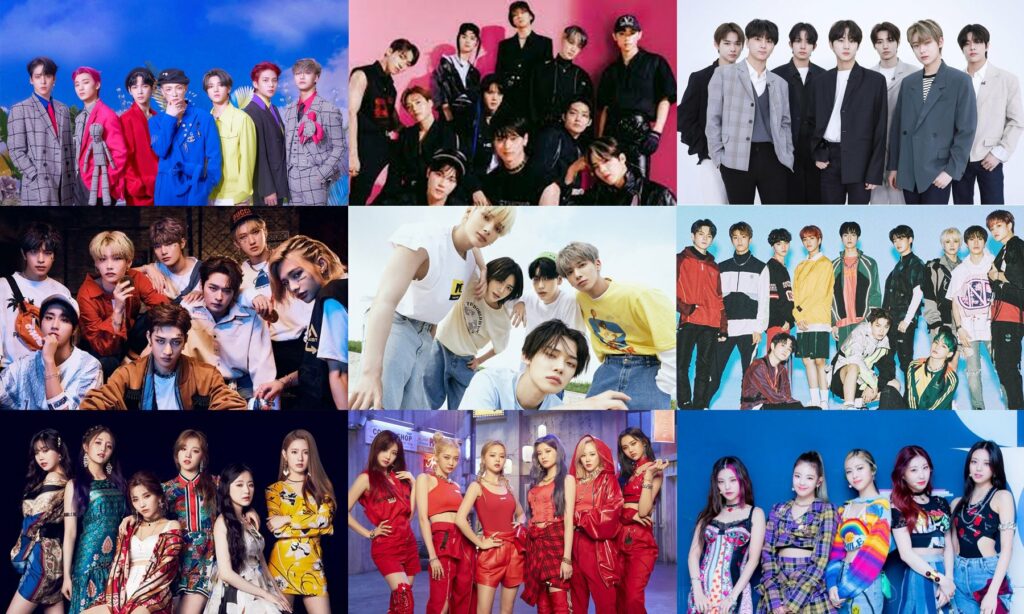
Take the newer generations of idols, for example. Many fans feel like 4th and 5th gen groups, especially those trained during the pandemic, aren’t being prepared to perform for live audiences. Instead, they’re being trained to perform for cameras, hitting the right angles, perfecting expressions, and matching the energy for a digital screen. The energy during the concerts itself is often lacking. Some idols even seem bored on stage, and you can’t help but wonder if burnout from endless schedules and comebacks is catching up with them.


The difference is night and day when you compare this to older generations. 2nd-gen groups like SNSD and SHINee were trained to own the stage, interact with the crowd, and make every fan feel like part of the show. Fans still remember SNSD performing with props like carousel-like stages, making their concerts feel like a once-in-a-lifetime experience. Nowadays, the sets are more minimalistic, there are no live bands, and the outfits are repetitive. It’s like companies want to do the bare minimum while charging premium prices.
Falling Ticket Sales & An Uncertain Future
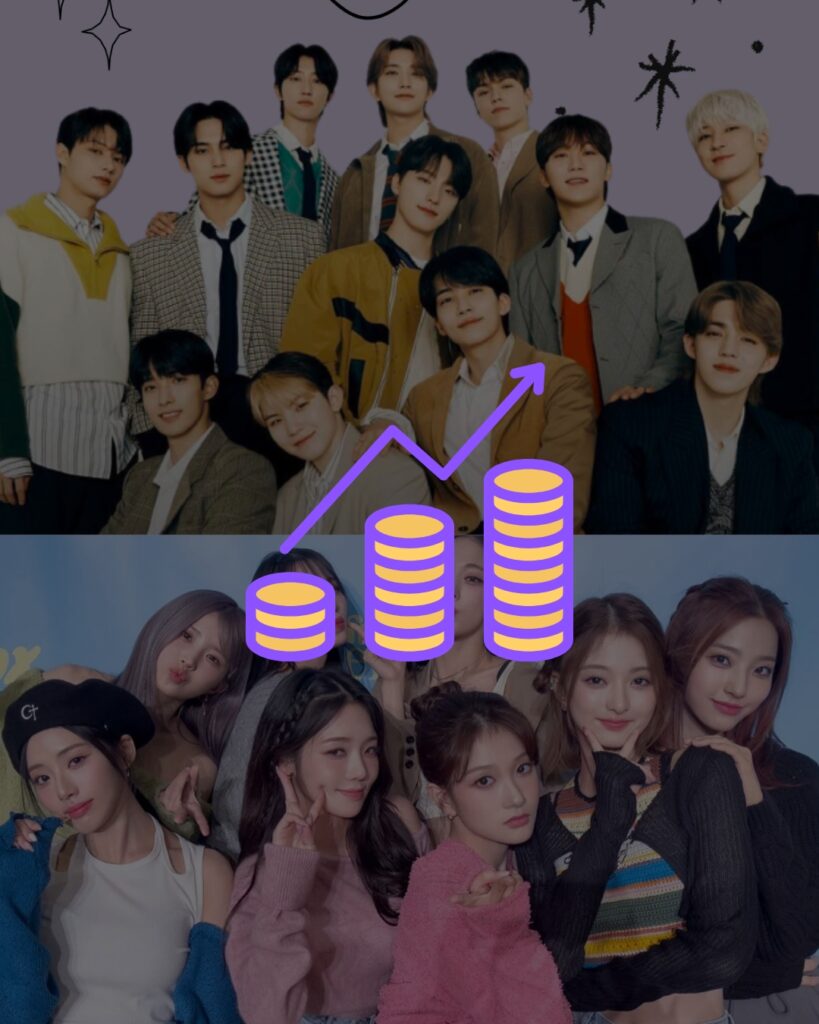
The consequences of sky-high ticket prices, rushed tour announcements, and mediocre concert quality are becoming painfully clear: K-pop concerts just aren’t selling out like they used to. It’s a huge contrast to the days when simply slapping the “K-pop” label on an event was enough to guarantee sold-out venues, even for lesser-known acts. Now, the cracks are showing, and it’s clear fans aren’t as reliable as they once were.
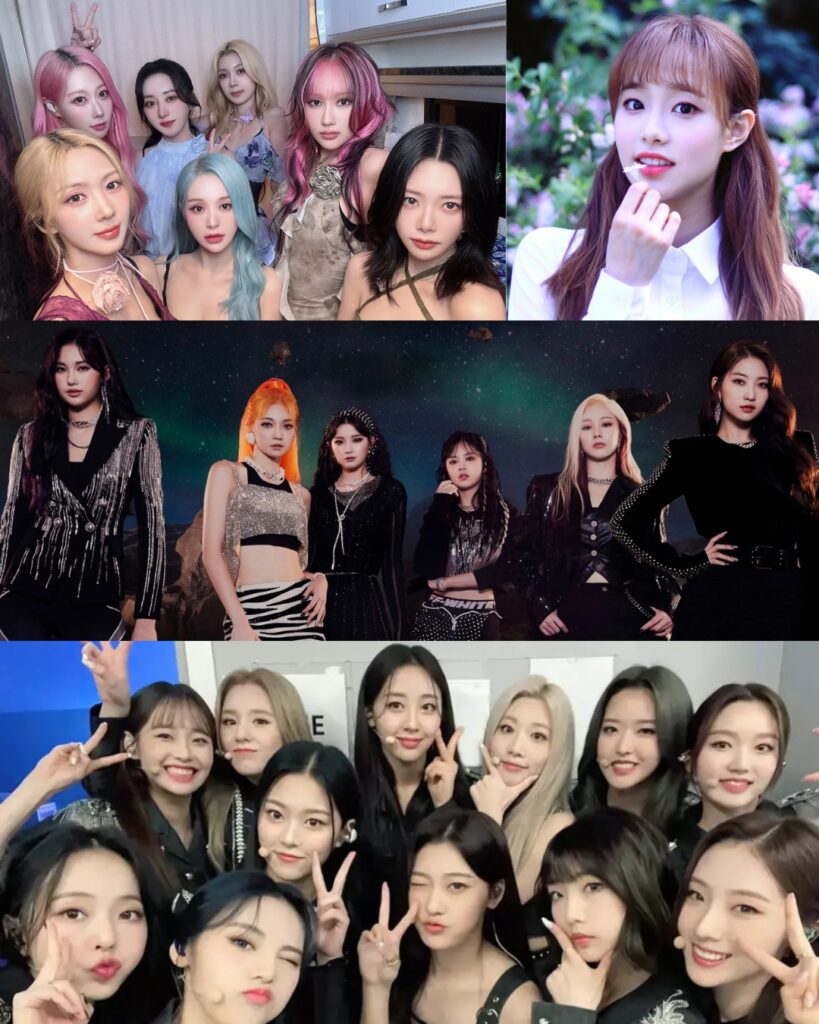
Dreamcatcher, Chuu, Everglow, and LOONA subunit tours have all struggled to sell tickets recently, with some venues barely hitting half capacity. And these aren’t massive stadiums we’re talking about, these are venues they’ve sold out in the past.
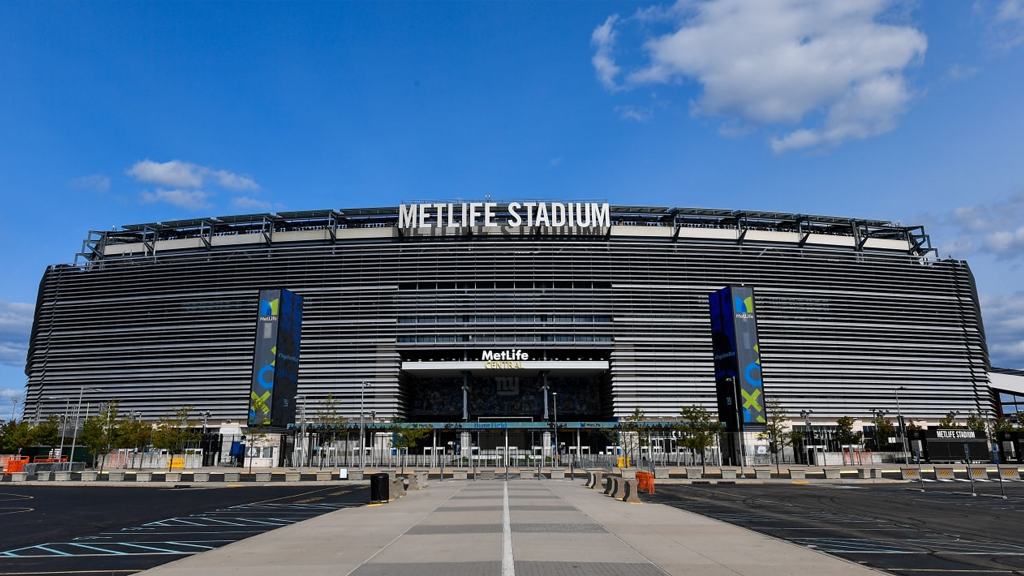
Even larger-scale events like the Immortal Songs concert at MetLife Stadium, featuring big artists like PSY, ATEEZ, and NewJeans, failed to sell out. Festivals like the Krazy K-Pop Super Concert in New York, which included acts like Monsta X’s Shownu & Hyungwon and IVE, also struggled to draw big crowds. Organizers had to do quick damage control and were cutting production costs at the last minute just to minimize losses. Not to mention that more and more shows are getting canceled, proving that things aren’t going well.
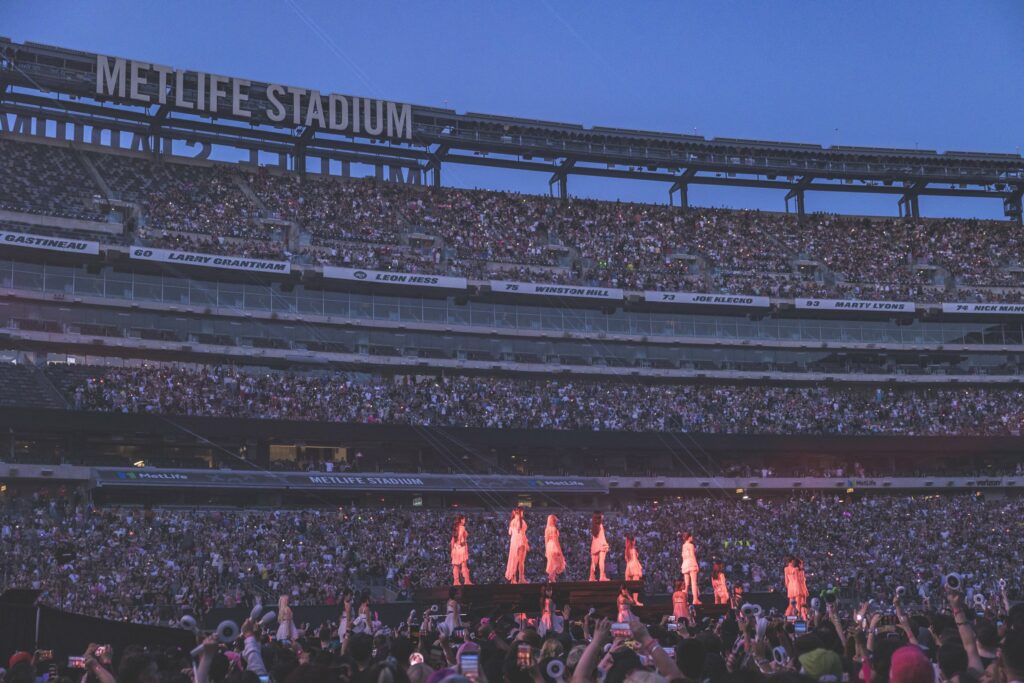
It’s clear that the nonstop cycle of rushed announcements, overpriced tickets, and underwhelming concerts is driving fans away, and it’s only a matter of time before even the biggest groups start feeling the effects. Fans still love their idols, but if companies keep testing their limits, they risk losing the loyalty that brought them global success in the first place.
***
It’s clear that the nonstop cycle of rushed announcements, overpriced tickets, and underwhelming concerts is driving fans away, and it’s only a matter of time before even the biggest groups start feeling the effects. Fans still love their idols, but if companies keep testing their limits, they risk losing the loyalty that brought them global success in the first place.
Ultimately, if the industry continues down this path, it risks alienating the very people who propelled K-pop to worldwide fame. While fans will always support their favorites, there’s a limit to how much they can endure—both emotionally and financially. A shift toward more transparent pricing, better planning, and genuine respect for fans’ time and money is not just needed, it’s essential for K-pop’s long-term future.


